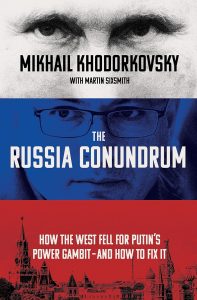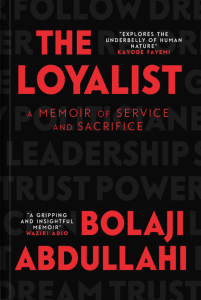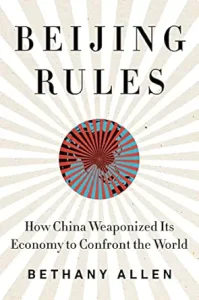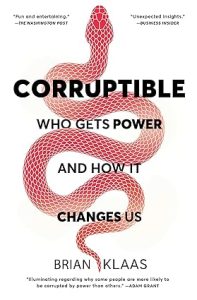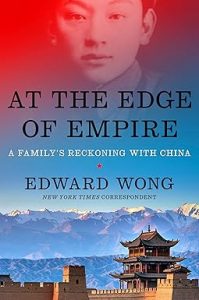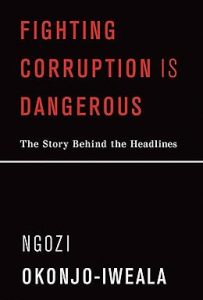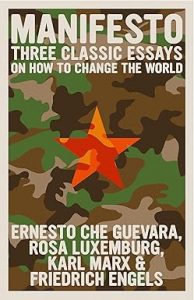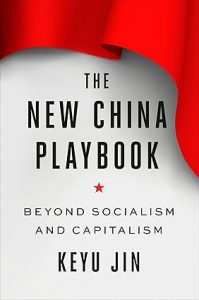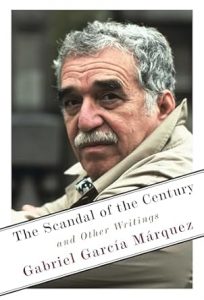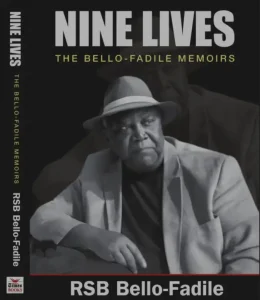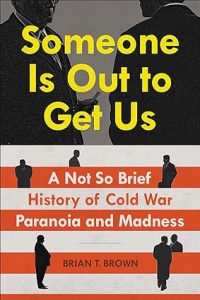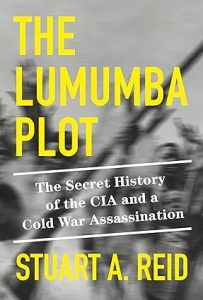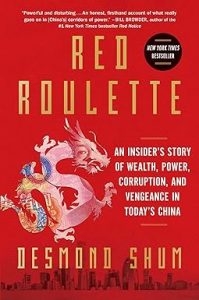The New China Playbook: Beyond Socialism and Capitalism
₦18,000.00China’s economy has been booming for decades now. A formidable and emerging power on the world stage, the China that most Americans picture is only a rough sketch, based on American news coverage, policy, and ways of understanding.
Enter Keyu Jin: a world-renowned economist who was born in China, educated in the U.S., and is now a tenured professor at the London School of Economics. A person fluent in both Eastern and Western cultures, and a voice of the new generation of Chinese who represent a radical break from the past, Jin is uniquely poised to explain how China became the most successful economic story of our time, as it has shifted from primarily state-owned enterprise to an economy that is thriving in entrepreneurship, and participation in the global economy.
China’s economic realm is colorful and lively, filled with paradoxes and conundrums, and Jin believes that by understanding the Chinese model, the people, the culture and history in its true perspective, one can reconcile what may appear to be contradictions to the Western eye.
What follows is an illuminating account of a burgeoning world power, its past, and its potential future.
The Scandal Of The Century
₦19,000.00From one of the titans of twentieth-century literature, collected here for the first time: a selection of his journalism from the late 1940s to the mid-1980s–work that he considered even more important to his legacy than his universally acclaimed works of fiction.
“I don’t want to be remembered for One Hundred Years of Solitude or for the Nobel Prize but rather for my journalism,” Gabriel García Márquez said in the final years of his life. And while some of his journalistic writings have been made available over the years, this is the first volume to gather a representative selection from across the first four decades of his career–years during which he worked as a full-time, often muckraking, and controversial journalist, even as he penned the fiction that would bring him the Nobel Prize in 1982.
Here are the first pieces he wrote while working for newspapers in the coastal Colombian cities of Cartagena and Barranquilla . . . his longer, more fictionlike reportage from Paris and Rome . . . his monthly columns for Spain’s El País. And while all the work points in style, wit, depth, and passion to his fiction, these fifty pieces are, more than anything, a revelation of the writer working at the profession he believed to be “the best in the world.”
Nine Lives
₦35,000.00“Nine Lives” offers a deeply personal perspective on Nigeria’s military history, particularly during the regimes of Muhammadu Buhari and Sani Abacha. These periods were marked by egregious human rights violations, economic struggles, and social unrest, and through his memoir, Bello-Fadile provides a unique lens through which to better understand this complex chapter in Nigeria’s past.
The Prince
₦15,000.00That Machiavelli’s name has become synonymous with cold-eyed political calculation only heightens the intrinsic fascination of The Prince—the world’s preeminent how-to manual on the art of getting and keeping power and one of the literary landmarks of the Italian Renaissance.
Written in a vigorous, straightforward style that reflects its author’s realism, this treatise on states, statecraft, and the ideal ruler is essential reading for anyone seeking to understand how human society actually works.
Someone Is Out To Get Us
₦20,000.00In Someone Is Out to Get Us, Brian T. Brown explores the delusions, absurdities, and best-kept secrets of the Cold War, during which the United States fought an enemy of its own making for over forty years — and nearly scared itself to death in the process. The nation chose to fear a chimera, a rotting communist empire that couldn’t even feed itself, only for it to be revealed that what lay behind the Iron Curtain was only a sad Potemkin village.
In fact, one of the greatest threats to our national security may have been our closest ally. The most effective spy cell the Soviets ever had was made up of aristocratic Englishmen schooled at Cambridge. Establishing a communist peril but lacking proof, J. Edgar Hoover became our Big Brother, and Joseph McCarthy went hunting for witches. Richard Nixon stepped into the spotlight as an opportunistic, ruthless Cold Warrior; his criminal cover-up during a dark presidency was exposed by a Deep Throat in a parking garage.
Someone Is Out to Get Us is the true and complete account of a long-misunderstood period of history during which lies, conspiracies, and paranoia led Americans into a state of madness and misunderstanding, too distracted by fictions to realize that the real enemy was looking back at them in the mirror the whole time.
The Lumumba Plot
₦30,000.00It was supposed to be a moment of great optimism, a cause for jubilation. The Congo was at last being set free from Belgium—one of seventeen countries to gain independence in 1960 from ruling European powers. At the helm as prime minister was charismatic nationalist Patrice Lumumba. Just days after the handover, however, the Congo’s new army mutinied, Belgian forces intervened, and Lumumba turned to the United Nations for help in saving his newborn nation from what the press was already calling “the Congo crisis.” Dag Hammarskjöld, the tidy Swede serving as UN secretary-general, quickly arranged the organization’s biggest peacekeeping mission in history. But chaos was still spreading. Frustrated with the fecklessness of the UN and spurned by the United States, Lumumba then approached the Soviets for help—an appeal that set off alarm bells at the CIA. To forestall the spread of Communism in Africa, the CIA sent word to its station chief in the Congo, Larry Devlin: Lumumba had to go.
Within a year, everything would unravel. The CIA plot to murder Lumumba would fizzle out, but he would be deposed in a CIA-backed coup, transferred to enemy territory in a CIA-approved operation, and shot dead by Congolese assassins. Hammarskjöld, too, would die, in a mysterious plane crash en route to negotiate a cease-fire with the Congo’s rebellious southeast. And a young, ambitious military officer named Joseph Mobutu, who had once sworn fealty to Lumumba, would seize power with U.S. help and misrule the country for more than three decades. For the Congolese people, the events of 1960–61 represented the opening chapter of a long horror story. For the U.S. government, however, they provided a playbook for future interventions.
Red Roulette
₦14,000.00As Desmond Shum was growing up impoverished in China, he vowed his life would be different. Through hard work and sheer tenacity he earned an American college degree and returned to his native country to establish himself in business. There, he met his future wife, the highly intelligent and equally ambitious Whitney Duan who was determined to make her mark within China’s male-dominated society. Whitney and Desmond formed an effective team and, aided by relationships they formed with top members of China’s Communist Party, the so-called red aristocracy, he vaulted into China’s billionaire class. Soon they were developing the massive air cargo facility at Beijing International Airport, and they followed that feat with the creation of one of Beijing’s premier hotels. They were dazzlingly successful, traveling in private jets, funding multi-million-dollar buildings and endowments, and purchasing expensive homes, vehicles, and art.
But in 2017, their fates diverged irrevocably when Desmond, while residing overseas with his son, learned that his now ex-wife Whitney had vanished along with three coworkers.
This vivid, explosive memoir shows “how the Chinese government keeps business in line—and what happens when businesspeople overstep” (The New York Times) and is a “singular, highly readable insider account of the most secretive of global powers” (The Spectator).

